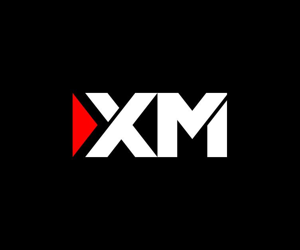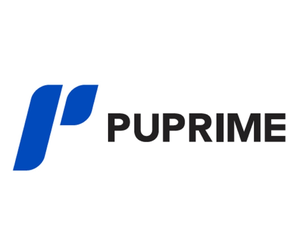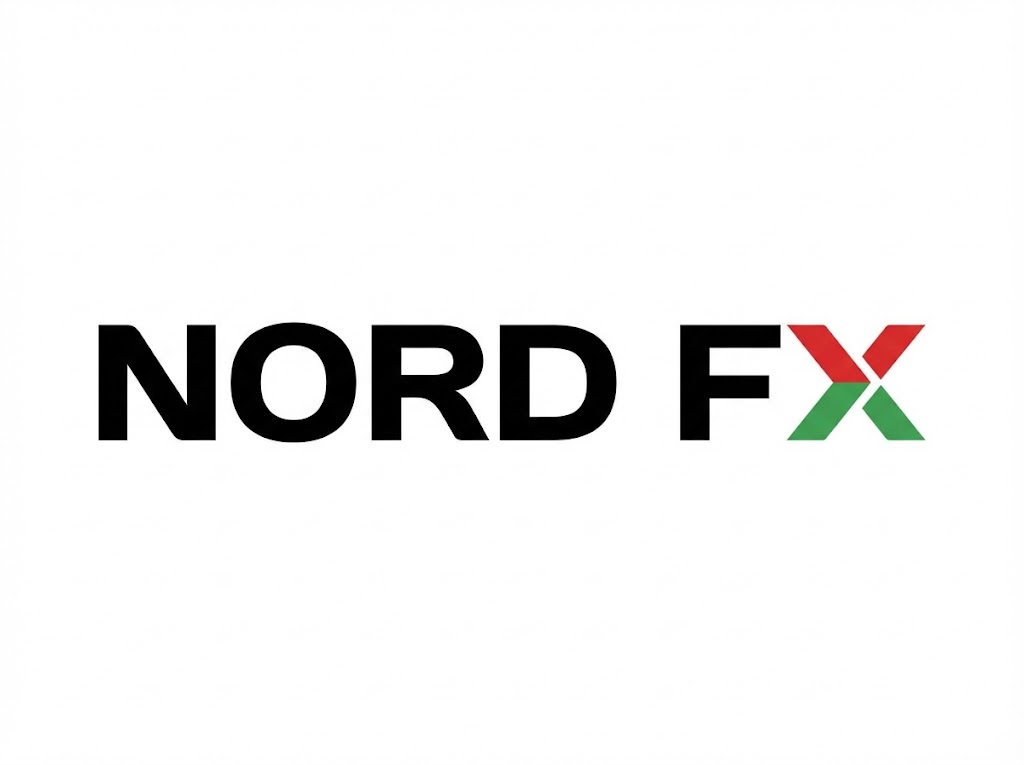Choosing a forex broker is one of the most important decisions a trader will make. The right partner can provide a secure and efficient trading environment. However, the wrong one can introduce unnecessary risk. In a crowded global marketplace, brokers often use attractive marketing and high leverage to stand out. This can make it difficult for new and casual investors to see the full picture.
This review cuts through the noise. We are examining AC Capital Markets, a broker that has gained traction among traders seeking access to global financial instruments. Our goal is to provide a clear, fact-based analysis of its operations. Therefore, we will look at the factors that truly matter: regulatory safety, market reputation, and operational performance. We want to help you understand if this broker aligns with your financial goals and risk tolerance.
Using the TraderVerified.com proprietary methodology, which prioritizes investor protection above all else, we have analyzed AC Capital Markets from top to bottom. Our assessment places the broker in the Red Flag classification band. This article will explain exactly how we arrived at this conclusion, giving you the insights needed to make an informed decision.
Regulation & Safety: Understanding the Foundation
A broker’s regulator is its most important feature. This is because strong oversight provides a safety net for your funds. It ensures the broker follows rules designed to protect you, the client. These rules cover everything from how your money is held to the fairness of trade execution. Without a credible regulator, you are trading on trust alone.
AC Capital Markets is a trading name of AC Capital Market (V) Ltd. The company is authorized and regulated by the Vanuatu Financial Services Commission (VFSC).
- Regulator: Vanuatu Financial Services Commission (VFSC)
- Corporate Entity: AC Capital Market (V) Ltd
- License Number: 700597
To understand what this means for you, we must classify the VFSC using our three-tier system. Tier 1 regulators, like the UK’s FCA or Australia’s ASIC, offer the highest level of protection. In contrast, Tier 3 regulators provide minimal oversight.
The VFSC is a Tier 3 regulator. While it does require brokers to obtain a license and maintain basic corporate standards, its protections for retail traders are significantly weaker than those in top-tier jurisdictions. For example, the VFSC does not enforce strict limits on leverage. This allows brokers to offer very high leverage ratios, which can amplify both gains and losses. More importantly, it can expose inexperienced traders to rapid, significant losses.
Am I Safe?
So, what protections are in place? AC Capital Markets states that it holds client funds in segregated accounts. This is a positive step. It means the company should keep your money separate from its own operational funds. In theory, this protects your capital if the broker becomes insolvent. However, the enforcement and verification of these segregation rules under a Tier 3 regulator are not as rigorous as in a Tier 1 jurisdiction.
Crucially, traders should be aware of what is missing. With an offshore regulator like the VFSC, key protections are absent:
- No Investor Compensation Scheme: If the broker fails, there is no official fund to compensate you for your losses.
- No Negative Balance Protection (NBP): AC Capital Markets does not appear to offer guaranteed NBP. This means it is theoretically possible to lose more money than you have in your account, leaving you in debt to the broker.
- Limited Regulatory Recourse: If you have a dispute with the broker, the options for legal or regulatory action through the VFSC are limited and can be difficult to pursue.
In summary, the broker’s regulatory framework is its greatest weakness. While it holds a valid license in Vanuatu, this provides only a thin layer of security. Consequently, traders must accept a much higher level of counterparty risk compared to brokers regulated in Tier 1 or even Tier 2 jurisdictions.
Trader Reputation & Market Presence
A broker’s reputation is built over years of service. It reflects the real-world experiences of its clients. To assess this, we analyze user reviews from multiple independent sources, check for regulatory actions, and monitor public discussion about the brand.
AC Capital Markets has established a presence primarily in Southeast Asia and other emerging markets. Its marketing often emphasizes high leverage and a wide range of trading instruments, which appeals to certain segments of traders.
When looking at client feedback, a mixed picture emerges. On one hand, some traders report positive experiences. These often highlight the following points:
- Platform Accessibility: The broker offers the popular MetaTrader 4 (MT4) and MetaTrader 5 (MT5) platforms. These are industry-standard platforms that many traders are familiar and comfortable with.
- Simple Account Opening: Many users note that the process of opening and funding an account is straightforward and quick.
- Asset Variety: The broker provides access to a broad range of CFDs, including forex, indices, commodities, and cryptocurrencies.
Common Issues
However, a significant number of client reviews raise serious concerns. These recurring negative themes are critical to consider. They often focus on the most stressful part of the trading journey: getting your money out. Common complaints include:
- Withdrawal Delays: A consistent pattern in negative reviews involves clients experiencing long delays when trying to withdraw funds. Some report that their requests are ignored or stalled for weeks.
- Poor Customer Support: Several traders describe customer service as unresponsive or unhelpful, especially when dealing with withdrawal issues or technical problems.
- Transparency Issues: Concerns about the clarity of bonus terms and conditions are also present. Some users feel that these terms are used to block withdrawals.
It is important to maintain a balanced perspective. Not every negative review is genuine, and sometimes delays have legitimate causes. Nevertheless, the pattern of complaints about withdrawals is a significant warning sign. Top-tier brokers build their reputations on reliability and trust. The recurring issues reported by AC Capital Markets’ clients suggest that this trust is not always well-placed. Furthermore, we found no major regulatory enforcement actions against the company, but this is not surprising given the light-touch approach of its Tier 3 regulator.
Strengths & Weaknesses
To make a clear decision, it helps to see a direct comparison of a broker’s pros and cons. Here is a summary of what we found for AC Capital Markets.
Strengths
- Access to High Leverage: The broker offers leverage far higher than what is allowed by Tier 1 regulators. This can appeal to experienced traders with a high-risk appetite who use specific strategies.
- Industry-Standard Platforms: By providing MT4 and MT5, AC Capital Markets ensures traders have access to powerful and familiar trading software with extensive charting tools and support for automated trading.
- Low Entry Barrier: The minimum deposit requirements are generally low, making the platform accessible to traders with limited starting capital.
- Wide Range of Instruments: Clients can trade a diverse portfolio of assets, including major and minor forex pairs, global indices, precious metals, and popular cryptocurrencies.
Weaknesses
- Tier 3 Offshore Regulation: This is the most significant weakness. The VFSC provides minimal client protection, leaving traders exposed to higher risks.
- Lack of Key Safety Nets: The absence of negative balance protection and an investor compensation fund means clients have no institutional backstop in a crisis.
- Negative Reputation Patterns: Consistent complaints regarding withdrawal delays and unresponsive customer service severely undermine the broker’s credibility.
- Limited Transparency: The firm provides very little public information about its execution quality, such as slippage rates or order fulfillment speeds. This lack of transparency makes it difficult to verify its marketing claims.
Overall Verdict
After a thorough review of its regulation, reputation, and operational practices, AC Capital Markets earns a Red Flag classification under the TraderVerified.com rating system.
A Red Flag rating does not necessarily mean the broker is a scam. It does, however, mean that it operates with a level of risk that we consider unacceptable for most retail traders, especially beginners. The foundation of any trustworthy brokerage is strong regulation, and this is precisely where AC Capital Markets falls short. Its reliance on a Tier 3 offshore license removes the critical safety nets that protect traders from fraud, insolvency, or unfair practices.
Who is this broker for?
This broker is only suitable for highly experienced, speculative traders who fully understand and willingly accept the risks of dealing with an offshore entity. These traders may be seeking extremely high leverage that is unavailable elsewhere and are prepared for potential difficulties with fund withdrawals and dispute resolution.
Who should avoid this broker?
We strongly recommend that beginners, casual investors, and any trader who prioritizes the safety of their capital avoid this broker. The potential benefits of high leverage are far outweighed by the significant risks stemming from its weak regulatory environment and the recurring complaints about its service.
In the current market, there are dozens of brokers operating under robust Tier 1 and Tier 2 regulators. These alternatives offer competitive trading conditions along with the peace of mind that comes from knowing your funds are protected by law. Therefore, we believe traders have better, safer options available.
Expert Review Notes (Staff Insight)
- Leverage as a Marketing Tool: Our analysis indicates that high leverage is a core part of the broker’s value proposition. While attractive, it’s a double-edged sword. For inexperienced traders, it is one of the fastest ways to lose an entire account balance. This feature seems designed to attract risk-seeking clients rather than fostering long-term, sustainable trading.
- Geographic Focus: The broker’s market presence is concentrated in regions where local financial regulations may be less developed. This strategy is common among offshore brokers, who fill a gap but also expose clients to higher risks than their counterparts in more regulated markets.
- The Withdrawal Test: Given the consistent user complaints, any trader still considering this broker should conduct a small-scale withdrawal test before committing significant capital. The ease and speed of withdrawing a small profit or a portion of the initial deposit can be a powerful indicator of a broker’s integrity.








